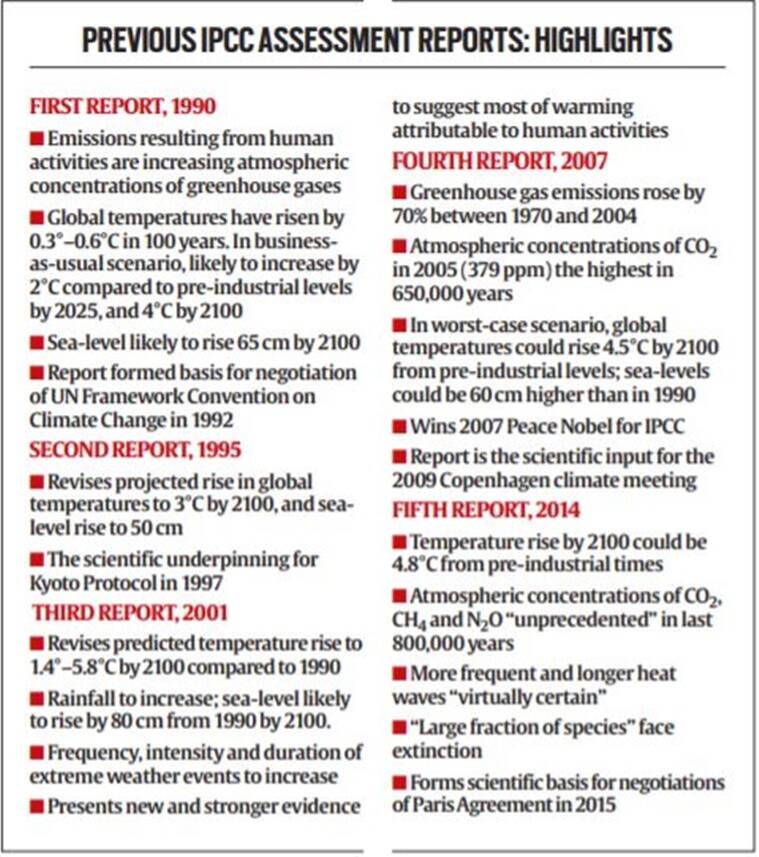7667766266
enquiry@shankarias.in
IPCC’s Assessment Report

Pradhan Mantri Suraksha Bima Yojana (PMSBY) - Accidental Death Insurance
The enrolments under PMSBY have gradually increased since its launch in 2015 with cumulative enrolments of 23.88 crore.
Pradhan Mantri Jeevan Jyoti Bima Yojana (PMJJBY) - Life Insurance Cover
Vivad Se Vishwas Scheme
National Policy on Bio-fuels 2018
The Ministry of New and Renewable Energy envisages the creation of a National Biomass Repository through its National Policy on Bio-Fuels 2018.
Source: PIB, The Hindu, The Indian Express